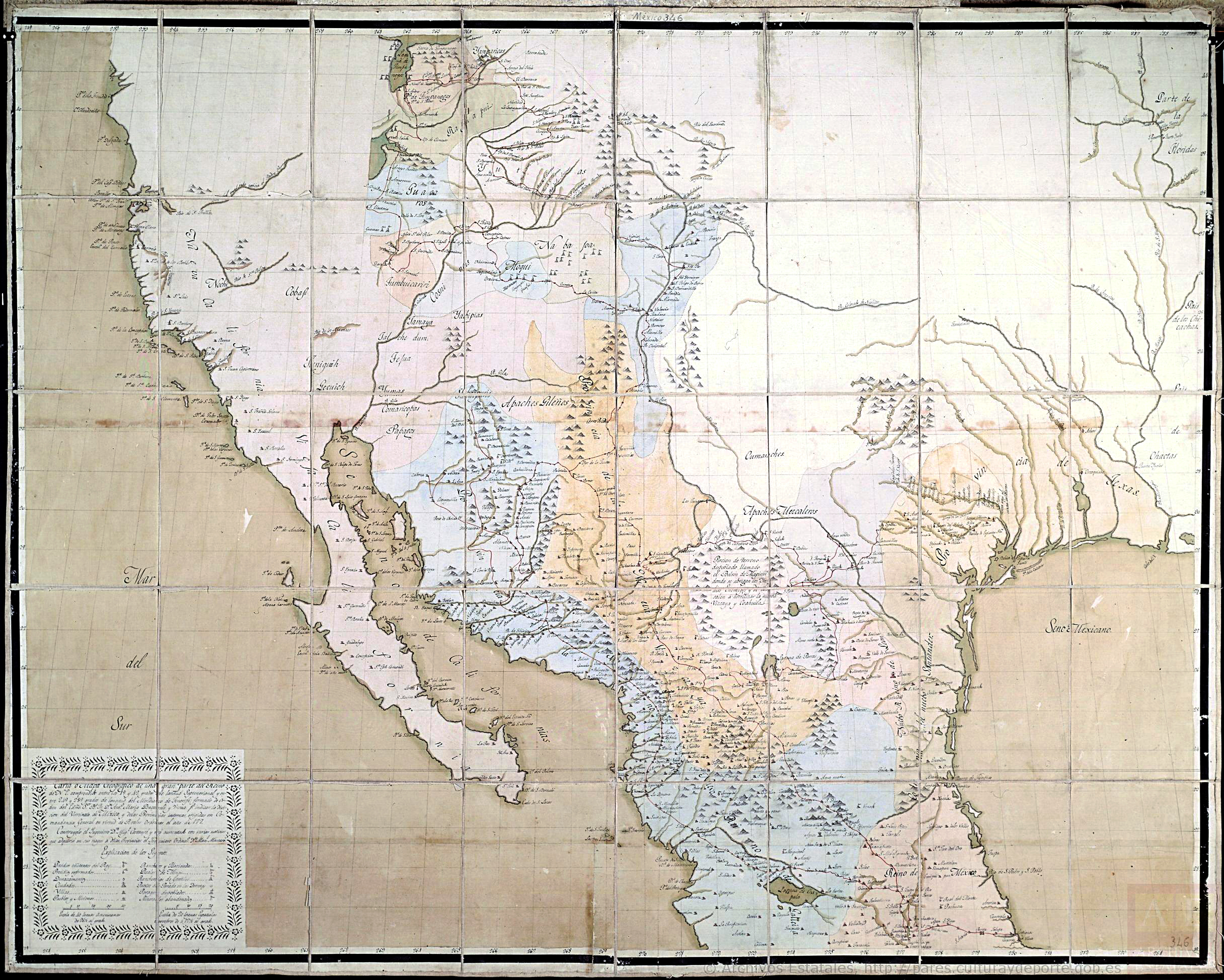Decolonizing Regionalism
Manuel Shvartzberg Carrió
Urban Studies and Planning
UC San Diego
Ayala Levin
Architecture and Urban Design
UC Los Angeles
Participants
Swati Chattopadhyay
History of Art and Architecture
UC Santa Barbara
Muriam Haleh-Davis
History
UC Santa Cruz
Miloš Jovanović
History
UC Los Angeles
Nancy Kwak
History
UC San Diego
Kelema Lee Moses
Urban Studies and Planning
UC San Diego
Stephan Miescher
History
UC Santa Barbara
Patricia Morton
Media and Cultural Studies
UC Riverside
Albert Narath
History of Art and Visual Culture
UC Santa Cruz
Michael Osman
Architecture and Urban Design
UC Los Angeles
Keith Pezzoli
Urban Studies and Planning
UC San Diego
Theorizations of place have long pointed to the disjunctions between political and physical boundaries, complicating the task of understanding multi-scalar phenomena, from suburban sprawl to climate change. Somewhere between the scale of the site and the scale of the territory lies the “region”: a productively ambiguous term that subsumes notions of geography, ecology, economy, planning, and jurisdiction. But how did the region obtain such a diverse following? Where does its legitimacy as an epistemic category come from? And what are we to make of it as a tool of expertise, most prominently in discourses of development for the so-called global South?
From projects for colonial “improvement,” to technocratic state planning, to bioregionalist ambitions of ecosystemic balance, to decolonial projects of self-governance and autonomy, regionalism often appears as the one constant—albeit unexplained—variable. This working group will revisit regionalism as a heterogeneous and contested discourse encompassing geopolitical relations, economic frameworks, social formations such as race and ethnicity, ecological processes, and myriad articulations of technical expertise. What does this particular enclosure—of both spaces and knowledges—do to, and for, historical processes of colonial and decolonial upheaval? What can critical spatial histories of regionalism contribute to theorizations of decoloniality—and vice-versa?

